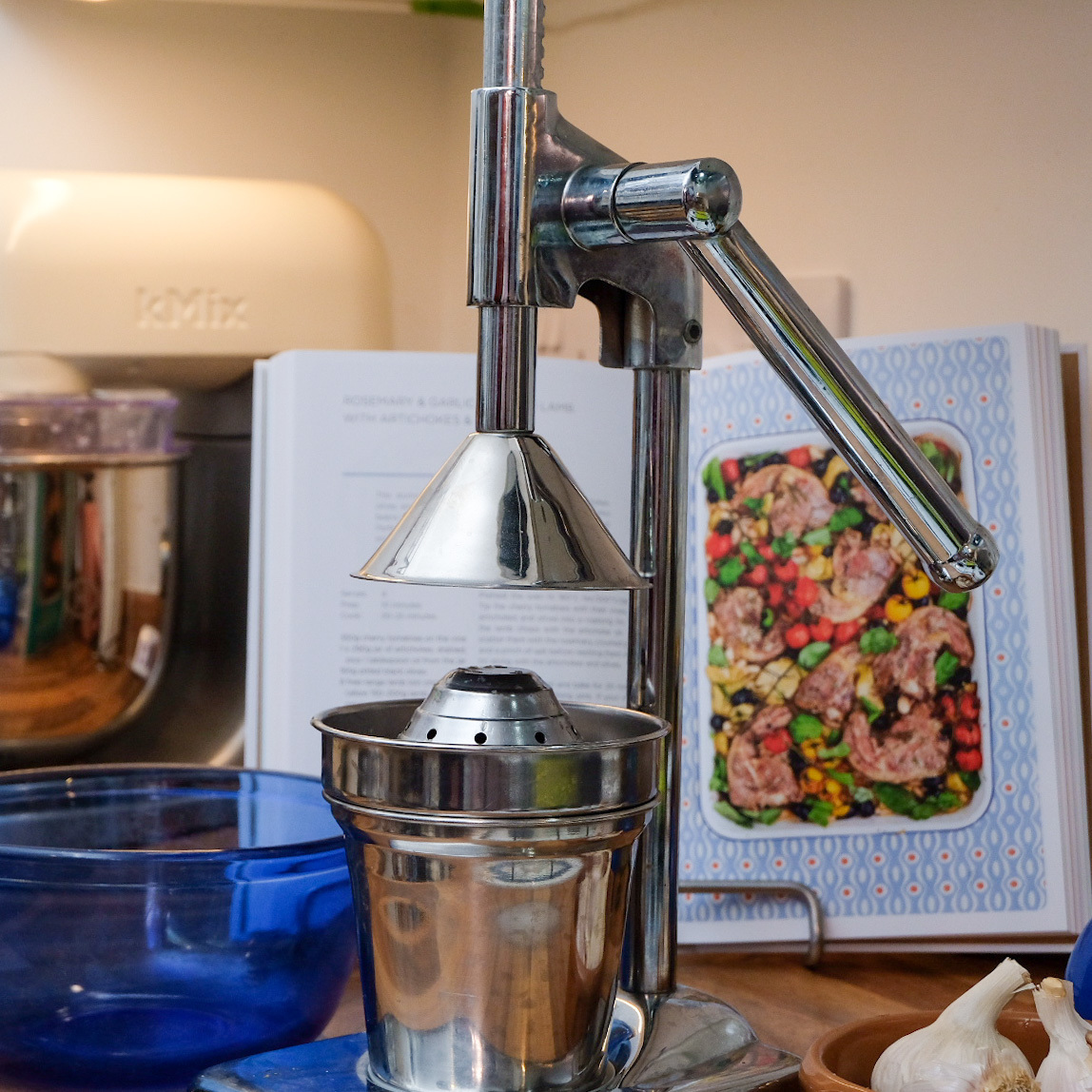A reduced waste kitchen


I try to reduce my waste as much as I can. It’s not always easy, supermarkets are often the most affordable way to feed yourself but they’re also one of the most wasteful things about modern life. There are multi-buy offers and plastic that covers everything not to mention exciting new gadgets to play with down the kitchen isles. While it’s important to let companies and the government know what you want and try to vote with your pound, all we can do is our best. Here are a few of the things I try to do. I’d love you to pop over to my Instagram and let me know what you do too.
Reuse and repurpose
We use far fewer paper towels and buy fewer cloths because we turn old T-shirts into rags. We use them for mopping up spills and cleaning around the house. Old T-shirts that are no longer useable or that no one will want (for example from charity events) are much better off ripped up for rags than being sent to a charity shop where they will most likely end up in landfill anyway. We keep ours in a jar on top of the fridge so they are easily accessible when you need them. You could even hem them if you want them to look smart.
Another way to repurpose waste is to clean out old jars. Part of the trend of zero waste is putting everything into brand new uniform jars. This, of course, produces new items which one day will become waste. Saving your old peanut butter jar is far more earth-friendly.
Borrow
If you need something for one meal try to borrow. Small appliances that you won’t often use or would like to try out can often be shared. Find a friend with a bread machine and swap it for your ice cream maker for a while. Planning a dinner party? Ask your guest to bring the blow torch for the creme brûlées. This can extend to any number of things, try talking to your neighbours if each of you buys a different piece of garden equipment you'll save money and the planet.
Buy second hand
Some of my favourite kitchen items are second hand (most of my favourite furniture is too!) and eBay is my best friend. My favourite purchases are my lemon juicer and a pair of navy ANCHOR ovenware bowls (photoed above). I paid About £15 for the lot on eBay.
Buy biodegradable
If you're buying something which has to be thrown out eventually don’t buy plastic. Coconut sponges, wooden scrubbing brushes, beeswax wraps and unbleached paper towels are all better options.
Grow
In the last year, we’ve added a raised bed to our garden using old palettes. It is only a bit more than a meter square of space, but you don’t need much. In 2019 we grew peas, broccoli, spring onions, tomatoes and pickling cucumbers (as well as a few crops which didn’t do so well). This saves us money as seeds are only a few pounds per packet, encourages us to eat seasonally and reduces our carbon footprint. I think starting some tomatoes in your window this time of year is a really good place to start. Next year I’m hoping to get involved with seed swaps. I intend to harvest seeds from this year's crops and be able to trade some for different crops to save us even more money. Lovely Greens on YouTube is an excellent source of knowledge for all things plants.
Slow cookers and pressure cookers
We have this electric fast slow cooker. By using the electric cooker instead of the oven we reduce our energy usage. Plus when making stews we can use up lots of food scraps from the fridge and then freeze the leftovers for another day. With an electric slow cooker cooking slow and low draws very little energy. Alternatively, you can get hob-top pressure cookers quite cheaply, this cuts cooking time and reduces your energy use.
Batch cooking
Similarly doing your cooking all at once reduces your energy consumption. If you’re making one dinner in the oven why not add another. If I'm baking and I know the next day I want to use some squash I will chop it up and roast it so it's ready to chuck in a curry or salad. This way you’re halving the number of times you use your oven again reducing your energy consumption.
Meal planning
Planning exactly what you're going to use reduces your food waste. If you know you’re using half an onion for one dish find another recipe to use the other half. Alternatively, double the recipe and freeze half for another time. If you have a roast chicken one day plan to have sandwiches with the leftovers a day or two later this also saves you time and gives you a day off cooking.
Using everything
Making sure everything you buy gets used doesn't end with cooking your meals. You can also consider composting. We compost all leftover veggies (and the litter from our rabbits) and this feeds the garden and helps us grow even more veg. Consider how to use your waste in other ways potato peelings can be fried to make crisps or save your fruit peelings to make your own minced meat for mince pies at Christmas. We give veg peelings to the rabbits too and you could consider leaving some of these things out for the local birds and wildlife.
I hope this helps you consider some small changes you can make to your kitchen habits to help the planet